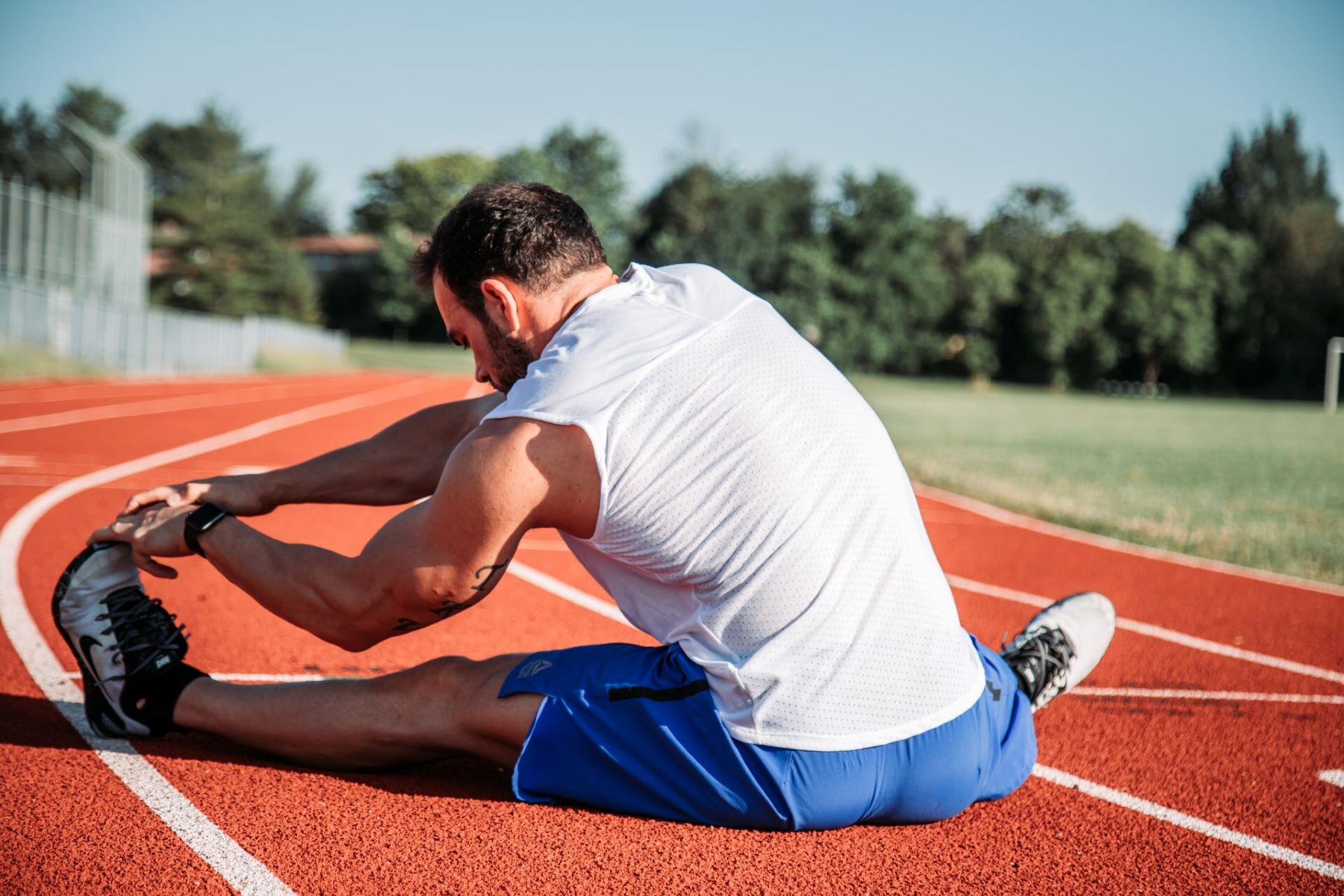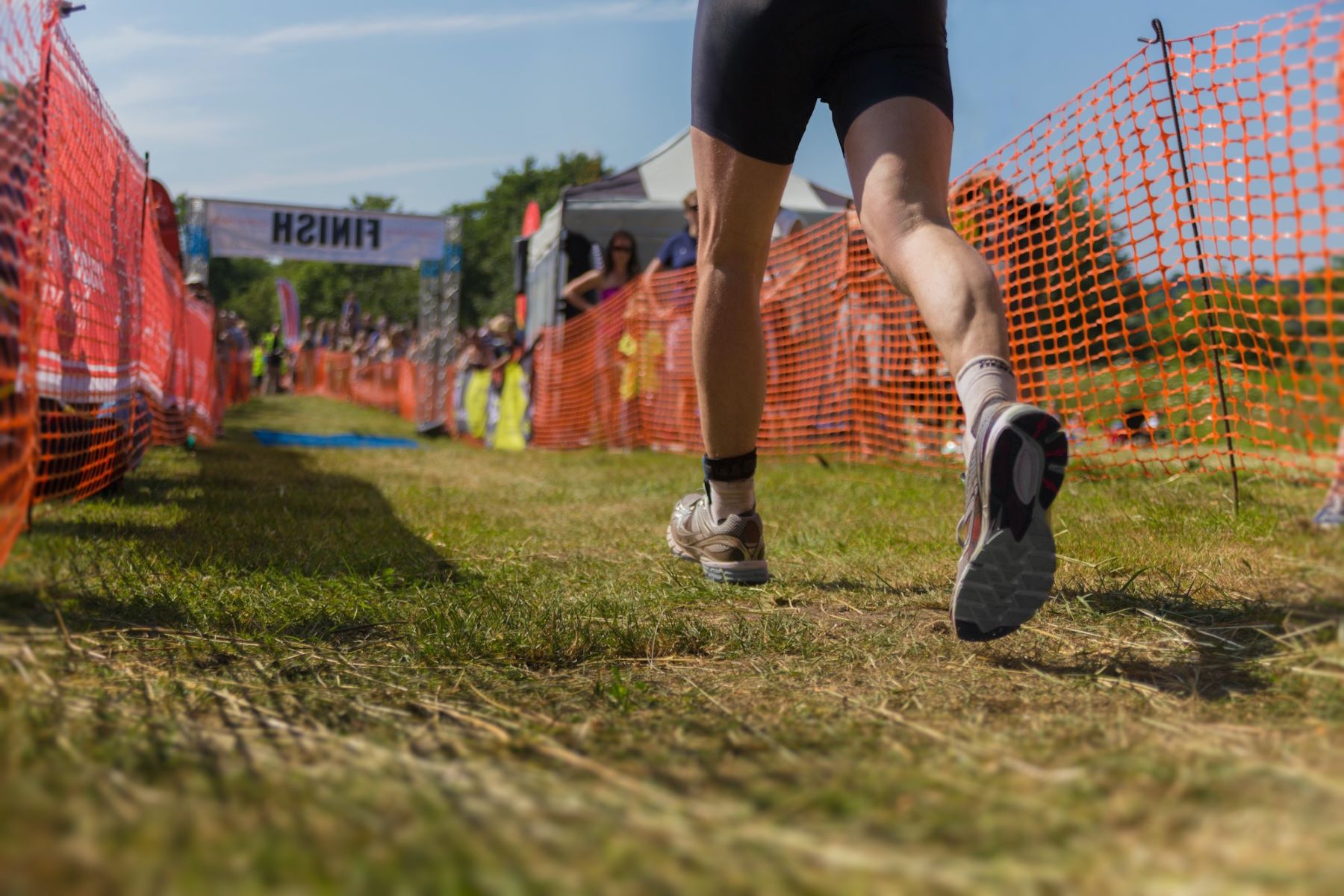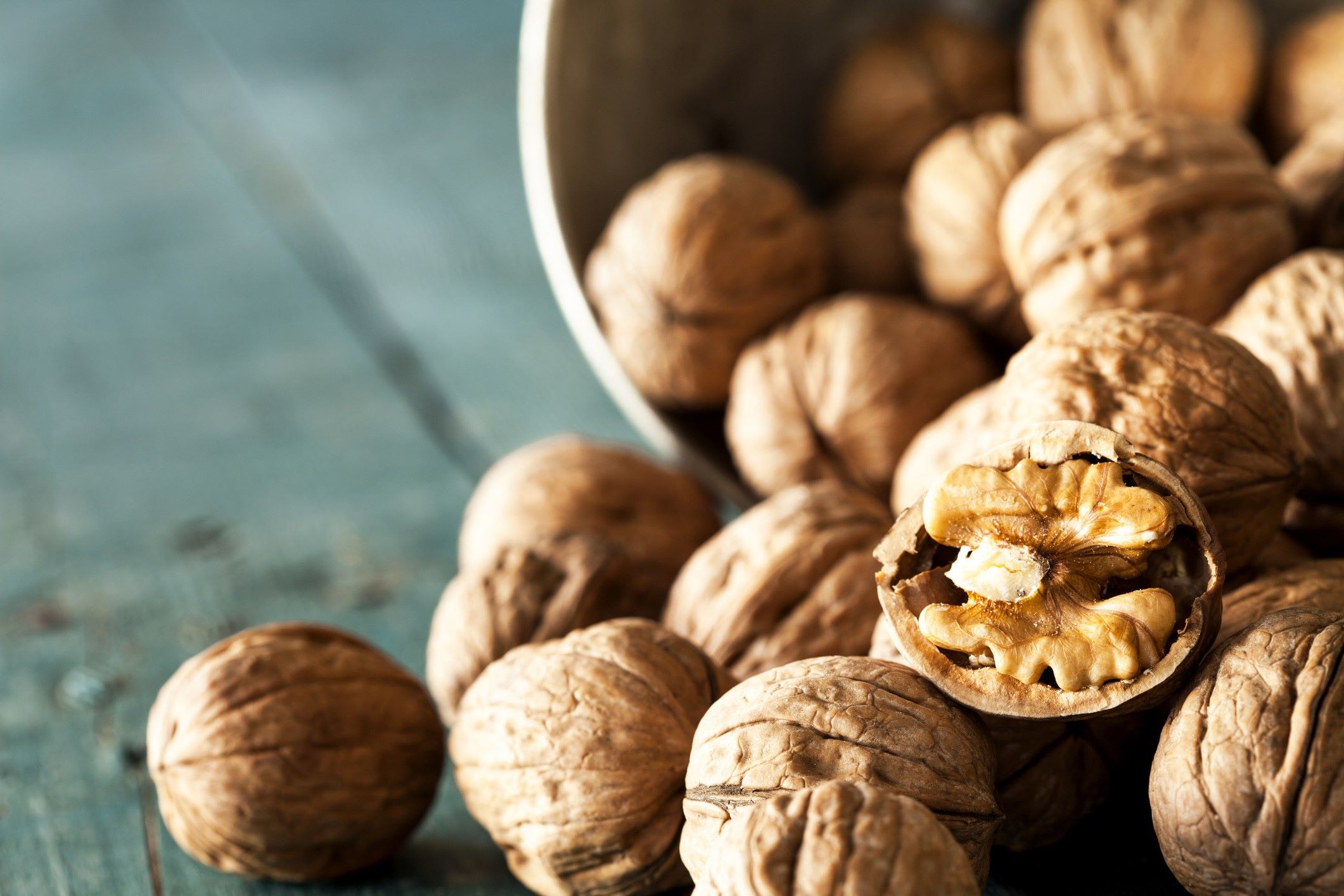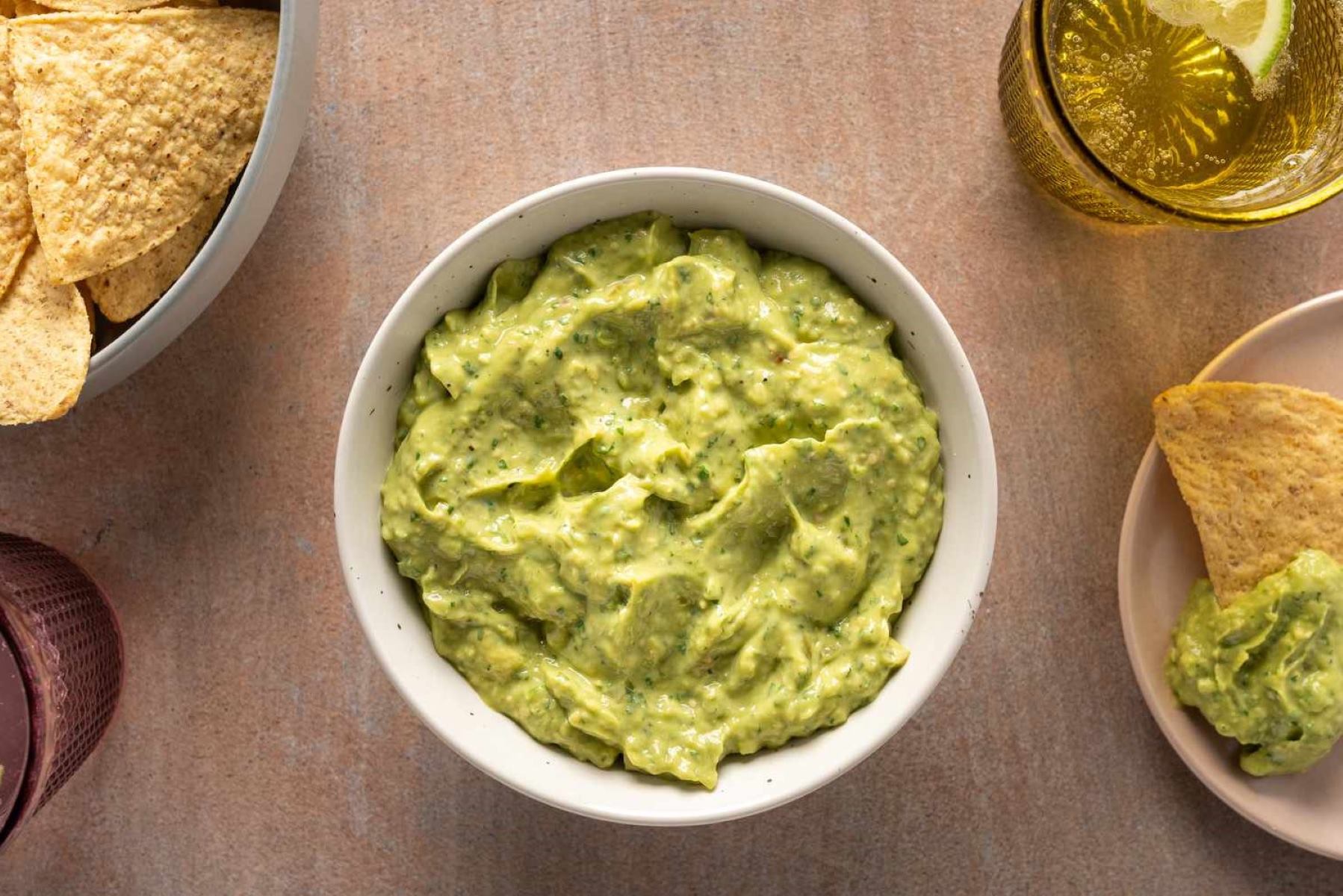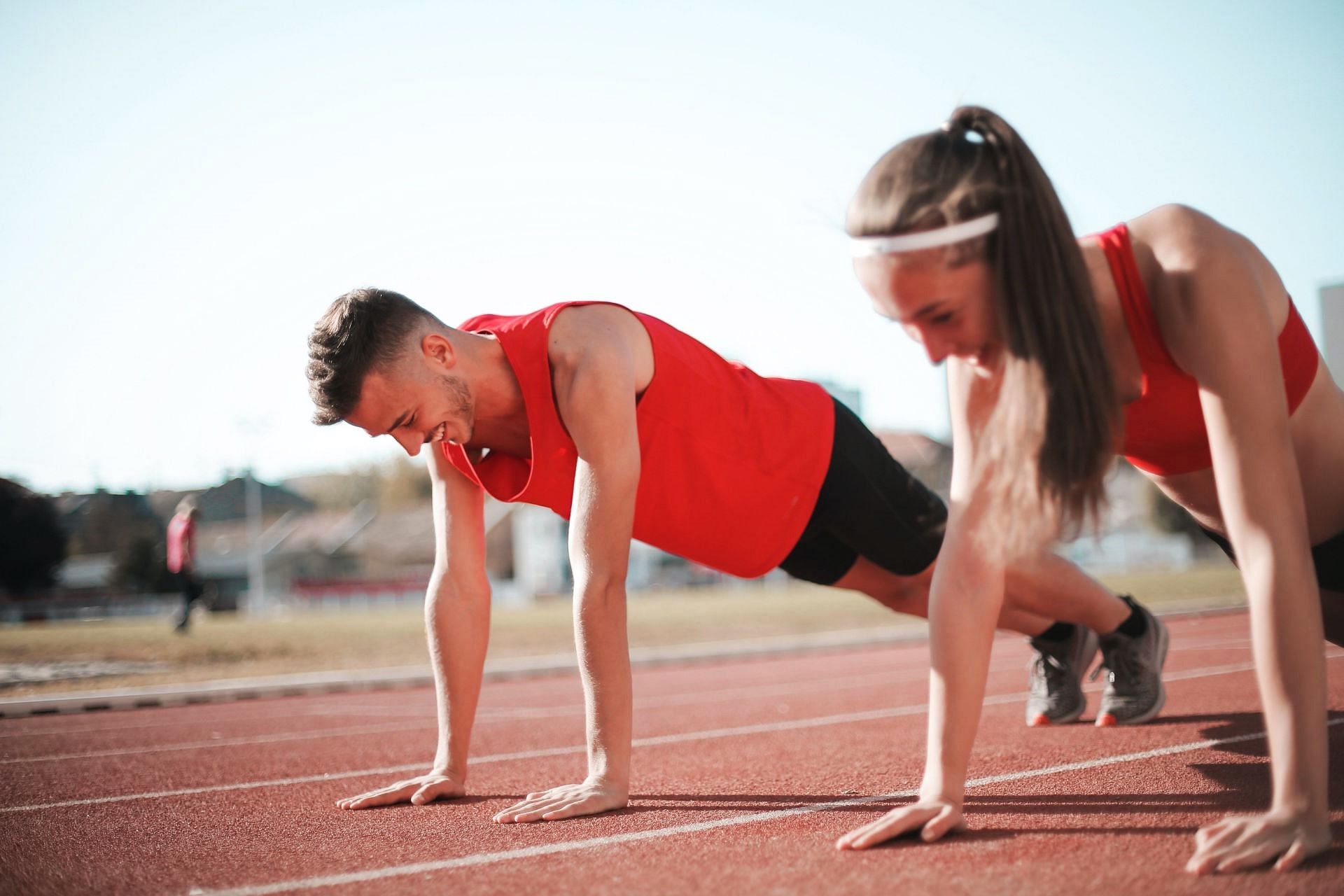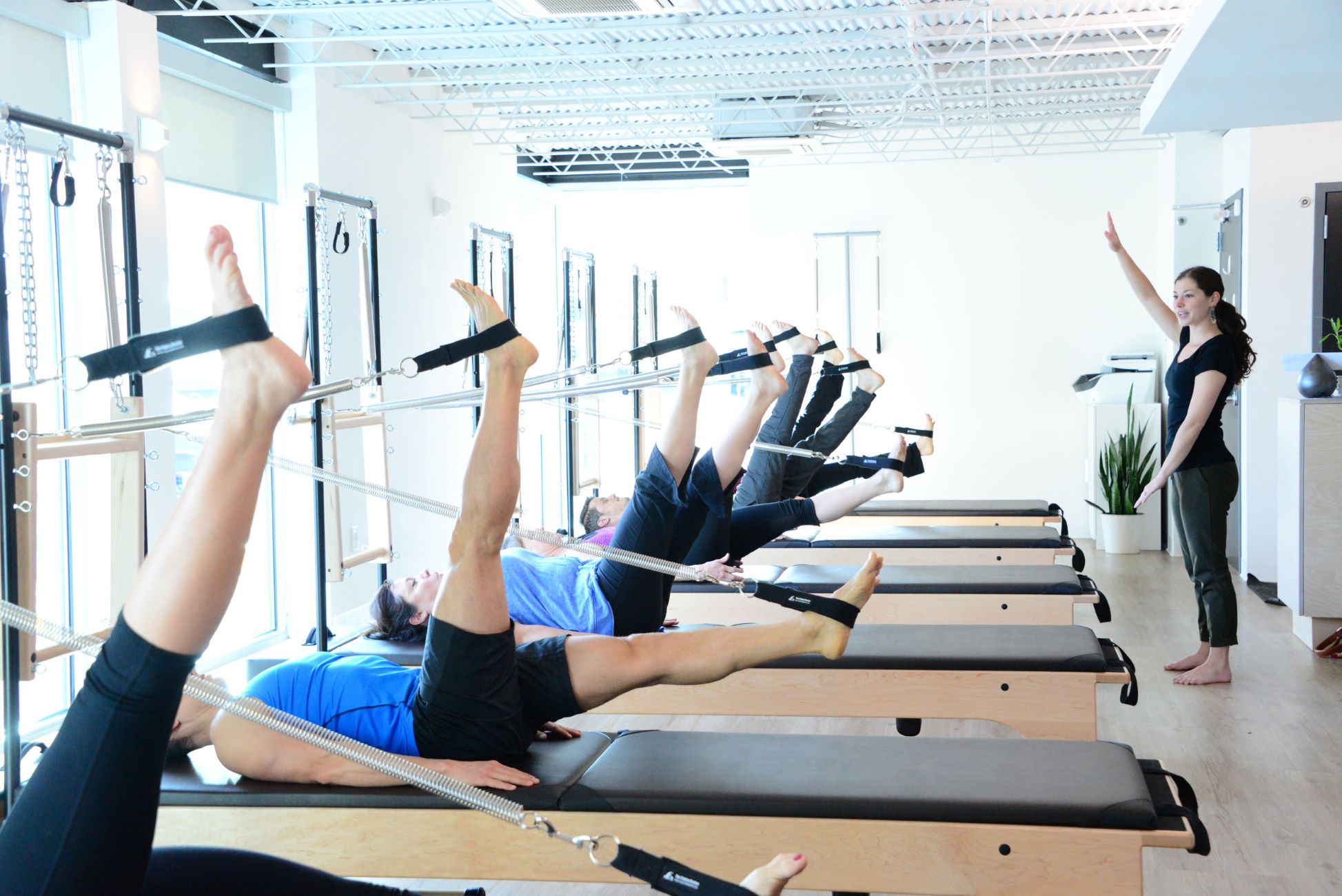Home>Health & Nutrition>How The Paleo Diet Can Benefit Runners


Health & Nutrition
How The Paleo Diet Can Benefit Runners
Published: March 7, 2024
Discover how the Paleo diet can optimize health and nutrition for runners, enhancing performance and recovery. Unlock the benefits of this ancient approach to fueling your runs.
(Many of the links in this article redirect to a specific reviewed product. Your purchase of these products through affiliate links helps to generate commission for Therunningadvisor.com, at no extra cost. Learn more)
Table of Contents
Introduction
Can the Paleo diet benefit runners? This is a question that many individuals who are passionate about running and maintaining a healthy lifestyle often ask. The Paleo diet, also known as the caveman diet, is based on the idea of eating foods that our ancestors would have consumed during the Paleolithic era. This means focusing on whole, unprocessed foods such as lean meats, fish, fruits, vegetables, nuts, and seeds while avoiding grains, dairy, and processed foods. In this article, we will explore the potential benefits of the Paleo diet for runners and how it can support their performance, endurance, and overall well-being.
Read more: How Collagen Can Benefit Runners
Understanding the Paleo Diet
The Paleo diet is centered around the concept of consuming foods that were available to our ancestors during the Paleolithic era. This means focusing on whole, unprocessed foods and eliminating modern processed items. The diet encourages the consumption of lean meats, fish, fruits, vegetables, nuts, and seeds, while excluding grains, dairy, legumes, and processed foods. The rationale behind this approach is that our bodies are better adapted to the diet of our hunter-gatherer ancestors, and that the modern diet, which includes processed foods and refined sugars, can lead to various health issues. The Paleo diet also emphasizes the importance of high-quality, sustainably sourced animal products and organic produce, promoting a more natural and environmentally friendly approach to eating.
When following the Paleo diet, individuals are encouraged to focus on consuming nutrient-dense foods that are rich in vitamins, minerals, and antioxidants. This means prioritizing fresh fruits and vegetables, which provide essential micronutrients and fiber. Additionally, the diet emphasizes the consumption of healthy fats from sources such as avocados, nuts, and olive oil, which can provide sustained energy for endurance activities like running. By eliminating processed foods and refined sugars, the Paleo diet aims to stabilize blood sugar levels and reduce inflammation in the body, which can have a positive impact on overall health and well-being.
The Paleo diet also promotes the consumption of high-quality protein from sources such as grass-fed beef, free-range poultry, and wild-caught fish. Protein is essential for muscle repair and recovery, making it particularly beneficial for runners who engage in high-impact activities. Furthermore, the emphasis on consuming unprocessed, whole foods means that individuals following the Paleo diet are less likely to consume additives, preservatives, and artificial ingredients, which are commonly found in many processed foods and can have negative effects on health.
In summary, the Paleo diet is based on the principle of consuming whole, unprocessed foods that were available to our ancestors during the Paleolithic era. By prioritizing nutrient-dense foods, healthy fats, and high-quality protein, the diet aims to support overall health and well-being, making it an appealing option for individuals looking to optimize their nutrition, particularly for the demands of running and other endurance activities.
Nutritional Benefits for Runners
-
Optimal Macronutrient Balance: The Paleo diet emphasizes a balanced intake of macronutrients, including protein, healthy fats, and carbohydrates from fruits and vegetables. This balance is essential for runners, as it provides the necessary energy for training and races while supporting muscle recovery and overall health.
-
High-Quality Protein: Runners require adequate protein to support muscle repair and recovery. The Paleo diet encourages the consumption of high-quality, lean protein sources such as grass-fed beef, free-range poultry, and wild-caught fish, which can aid in maintaining and building muscle mass.
-
Healthy Fats for Sustained Energy: The inclusion of healthy fats from sources like avocados, nuts, and olive oil in the Paleo diet can provide a sustained source of energy for endurance activities. This is particularly beneficial for long-distance runners who rely on consistent energy levels throughout their runs.
-
Nutrient-Dense Foods: Fruits and vegetables are staples of the Paleo diet, providing essential vitamins, minerals, and antioxidants. These nutrients play a crucial role in supporting overall health, immune function, and recovery from the physical demands of running.
-
Stable Blood Sugar Levels: By avoiding processed foods and refined sugars, the Paleo diet can help stabilize blood sugar levels. This can prevent energy crashes and support sustained energy levels during runs, ultimately enhancing performance and endurance.
-
Reduced Inflammation: The anti-inflammatory nature of the Paleo diet, attributed to the exclusion of processed foods and focus on whole, unprocessed foods, can benefit runners by reducing exercise-induced inflammation and promoting faster recovery after intense training sessions or races.
In summary, the Paleo diet offers several nutritional benefits for runners, including a balanced macronutrient intake, high-quality protein for muscle support, healthy fats for sustained energy, and a focus on nutrient-dense, anti-inflammatory foods. These aspects of the diet can contribute to improved performance, enhanced endurance, and overall well-being for individuals engaged in running and other endurance activities.
Improving Endurance and Performance
The Paleo diet can have a significant impact on improving endurance and performance for runners. By focusing on whole, unprocessed foods and eliminating refined sugars and processed items, the diet provides a foundation for sustained energy levels and enhanced physical capabilities. The balanced intake of macronutrients, including protein, healthy fats, and carbohydrates from fruits and vegetables, supports the body's energy production and utilization during running activities. This balanced approach to nutrition can help runners maintain consistent energy levels throughout their runs, ultimately leading to improved endurance and performance.
Moreover, the emphasis on high-quality protein from sources such as grass-fed beef, free-range poultry, and wild-caught fish supports muscle repair and recovery, which is crucial for runners looking to enhance their performance. The Paleo diet's focus on lean protein sources provides the necessary building blocks for muscle maintenance and growth, allowing runners to recover more effectively from intense training sessions and races. Additionally, the inclusion of healthy fats from avocados, nuts, and olive oil offers a sustained source of energy, which is particularly beneficial for long-distance runners who rely on prolonged endurance and consistent energy levels.
Furthermore, the nutrient-dense nature of the Paleo diet, with its abundance of fruits and vegetables, ensures that runners receive essential vitamins, minerals, and antioxidants that are vital for overall health and well-being. These nutrients play a crucial role in supporting immune function, reducing oxidative stress, and aiding in the recovery process after strenuous physical activity. By providing the body with the necessary micronutrients, the Paleo diet can contribute to improved endurance and performance for runners, allowing them to maintain their physical capabilities and recover more effectively from the demands of their training and races.
In summary, the Paleo diet's focus on whole, unprocessed foods, balanced macronutrient intake, high-quality protein, healthy fats, and nutrient-dense sources of essential vitamins and minerals can significantly improve endurance and performance for runners. By providing the necessary fuel for sustained energy, supporting muscle repair and recovery, and promoting overall health, the Paleo diet offers a valuable nutritional approach for individuals looking to optimize their running capabilities and achieve their performance goals.
Supporting Recovery and Injury Prevention
The Paleo diet plays a crucial role in supporting recovery and injury prevention for runners. The emphasis on whole, unprocessed foods and the exclusion of inflammatory ingredients can aid in the body's natural recovery processes and reduce the risk of injuries. The diet's focus on high-quality protein from sources such as grass-fed beef, free-range poultry, and wild-caught fish provides the essential building blocks for muscle repair and recovery. This is particularly beneficial for runners who engage in high-impact activities, as adequate protein intake is essential for maintaining and rebuilding muscle tissue, ultimately reducing the risk of overuse injuries.
Additionally, the inclusion of healthy fats from avocados, nuts, and olive oil in the Paleo diet supports the body's anti-inflammatory response, which can aid in reducing exercise-induced inflammation and promoting faster recovery after intense training sessions or races. By providing the body with a source of healthy fats, the diet contributes to the overall reduction of inflammation, supporting the body's ability to recover from the physical demands of running.
Furthermore, the abundance of fruits and vegetables in the Paleo diet ensures that runners receive a wide range of essential vitamins, minerals, and antioxidants, which are crucial for supporting the body's recovery processes. These nutrients play a key role in reducing oxidative stress, supporting immune function, and aiding in the repair of damaged tissues, all of which are essential for effective recovery and injury prevention.
Moreover, the Paleo diet's exclusion of processed foods and refined sugars can contribute to stabilizing blood sugar levels, which is important for promoting optimal recovery. Stable blood sugar levels can prevent energy crashes and support sustained energy levels during runs, ultimately aiding in the body's ability to recover from the physical stress of running and reducing the risk of fatigue-related injuries.
In summary, the Paleo diet's emphasis on high-quality protein, healthy fats, nutrient-dense fruits and vegetables, and the exclusion of inflammatory ingredients supports recovery and injury prevention for runners. By providing the necessary nutrients for muscle repair, reducing inflammation, stabilizing blood sugar levels, and supporting overall health, the Paleo diet offers a valuable approach to minimizing the risk of injuries and promoting effective recovery for individuals engaged in running and other endurance activities.
Practical Tips for Implementing the Paleo Diet
-
Gradual Transition: When implementing the Paleo diet, it's beneficial to make the transition gradually. Start by gradually reducing the consumption of processed foods and incorporating more whole, unprocessed foods into your meals. This approach can help your body adjust to the dietary changes more effectively.
-
Meal Planning: Plan your meals in advance to ensure that you have a variety of Paleo-friendly options available. This can involve creating a weekly meal plan, preparing meals in bulk, and having convenient Paleo snacks on hand to avoid the temptation of non-compliant foods.
-
Focus on Whole Foods: Emphasize the consumption of whole foods such as lean meats, fish, fruits, vegetables, nuts, and seeds. Prioritize organic and sustainably sourced options when possible to maximize the nutritional benefits of the Paleo diet.
-
Explore Paleo-Friendly Recipes: There are numerous resources available for Paleo-friendly recipes that can add variety and excitement to your meals. Experiment with different cooking methods and flavor combinations to keep your Paleo meals interesting and enjoyable.
-
Stay Hydrated: Hydration is essential for overall health and well-being, especially for runners. While water is the best choice for hydration, coconut water can also be a Paleo-friendly option to replenish electrolytes after intense workouts.
-
Mindful Snacking: Choose Paleo-friendly snacks such as nuts, seeds, fresh fruits, and vegetable sticks to keep you satisfied between meals. Avoiding processed snacks and sugary treats can help maintain stable energy levels throughout the day.
-
Read Labels: When purchasing packaged foods, carefully read the labels to ensure that they align with the Paleo diet guidelines. Look for minimal ingredients and avoid products containing grains, dairy, and artificial additives.
-
Seek Support and Resources: Joining Paleo communities or seeking support from friends and family members who follow the diet can provide valuable tips, recipe ideas, and encouragement as you navigate the transition to a Paleo lifestyle.
-
Listen to Your Body: Pay attention to how your body responds to the dietary changes. Everyone's nutritional needs are unique, so it's important to listen to your body's signals and make adjustments as needed to ensure that you are meeting your individual nutritional requirements.
-
Consult a Professional: If you have specific dietary concerns or medical conditions, consider consulting a healthcare professional or a registered dietitian who can provide personalized guidance on implementing the Paleo diet in a way that supports your overall health and running performance.
By incorporating these practical tips, individuals can effectively implement the Paleo diet and experience its potential benefits for running and overall well-being.
Potential Drawbacks and Considerations
While the Paleo diet offers various potential benefits for runners, it's essential to consider some potential drawbacks and practical considerations before fully embracing this dietary approach. Understanding these aspects can help individuals make informed decisions about whether the Paleo diet is suitable for their running and overall lifestyle.
-
Carbohydrate Intake: One of the primary considerations for runners following the Paleo diet is the potential impact on carbohydrate intake. Since the diet restricts grains and legumes, which are common sources of carbohydrates, individuals may need to carefully plan their carbohydrate intake to ensure they have an adequate fuel source for endurance activities. While fruits and starchy vegetables can provide carbohydrates, some runners may find it challenging to meet their specific carbohydrate needs for intense training or long-distance running.
-
Nutrient Diversity: While the Paleo diet emphasizes the consumption of nutrient-dense foods, the exclusion of certain food groups such as dairy and grains may lead to a reduction in the diversity of nutrients in the diet. It's important for runners to ensure that they are obtaining essential nutrients such as calcium, vitamin D, and B vitamins from alternative sources to support their bone health, energy metabolism, and overall well-being.
-
Social and Practical Considerations: Adhering to the Paleo diet may present social and practical challenges, especially when dining out or attending social gatherings. Individuals following the diet may need to navigate menu options carefully and communicate their dietary preferences to ensure they can maintain their dietary choices while participating in social events or group meals.
-
Sustainability and Long-Term Adherence: While the Paleo diet promotes the consumption of whole, unprocessed foods, some individuals may find it challenging to sustain this dietary approach in the long term. It's important to consider whether the dietary restrictions align with an individual's long-term lifestyle and whether they can maintain adherence to the diet without feeling overly restricted or deprived.
-
Individual Variation: The Paleo diet may not be suitable for everyone, as individual nutritional needs and tolerances vary. Some individuals may thrive on this dietary approach, while others may experience challenges related to specific dietary restrictions or preferences. It's essential for individuals to assess how the Paleo diet aligns with their unique nutritional requirements and overall well-being.
By considering these potential drawbacks and practical considerations, individuals can make informed decisions about whether the Paleo diet aligns with their running goals, lifestyle, and overall health. It's important to approach dietary changes with a balanced perspective and seek personalized guidance when necessary to ensure that nutritional needs are met effectively.
Conclusion: Is the Paleo Diet Right for You?
In evaluating whether the Paleo diet is suitable for your dietary and running needs, it's essential to consider your individual preferences, nutritional requirements, and long-term sustainability. The Paleo diet's emphasis on whole, unprocessed foods, high-quality protein, healthy fats, and nutrient-dense fruits and vegetables can offer numerous potential benefits for runners, including improved endurance, performance, and recovery. However, it's crucial to assess how the dietary restrictions align with your specific carbohydrate needs for running, as well as the diversity of nutrients necessary for overall health and well-being. Additionally, considering the practical and social aspects of adhering to the Paleo diet, as well as its long-term sustainability, can provide valuable insights into whether this dietary approach is the right fit for your running lifestyle. Ultimately, seeking personalized guidance from healthcare professionals or registered dietitians can help you make informed decisions about whether the Paleo diet aligns with your individual needs and goals, ensuring that your dietary choices support your running performance and overall well-being effectively.




